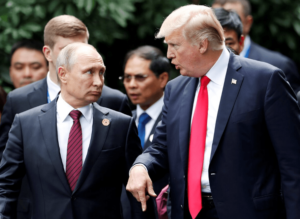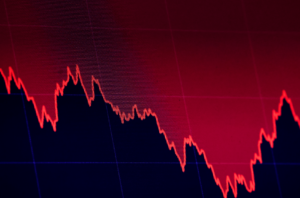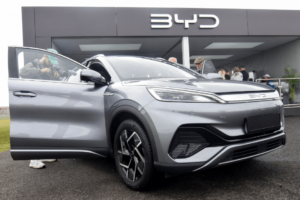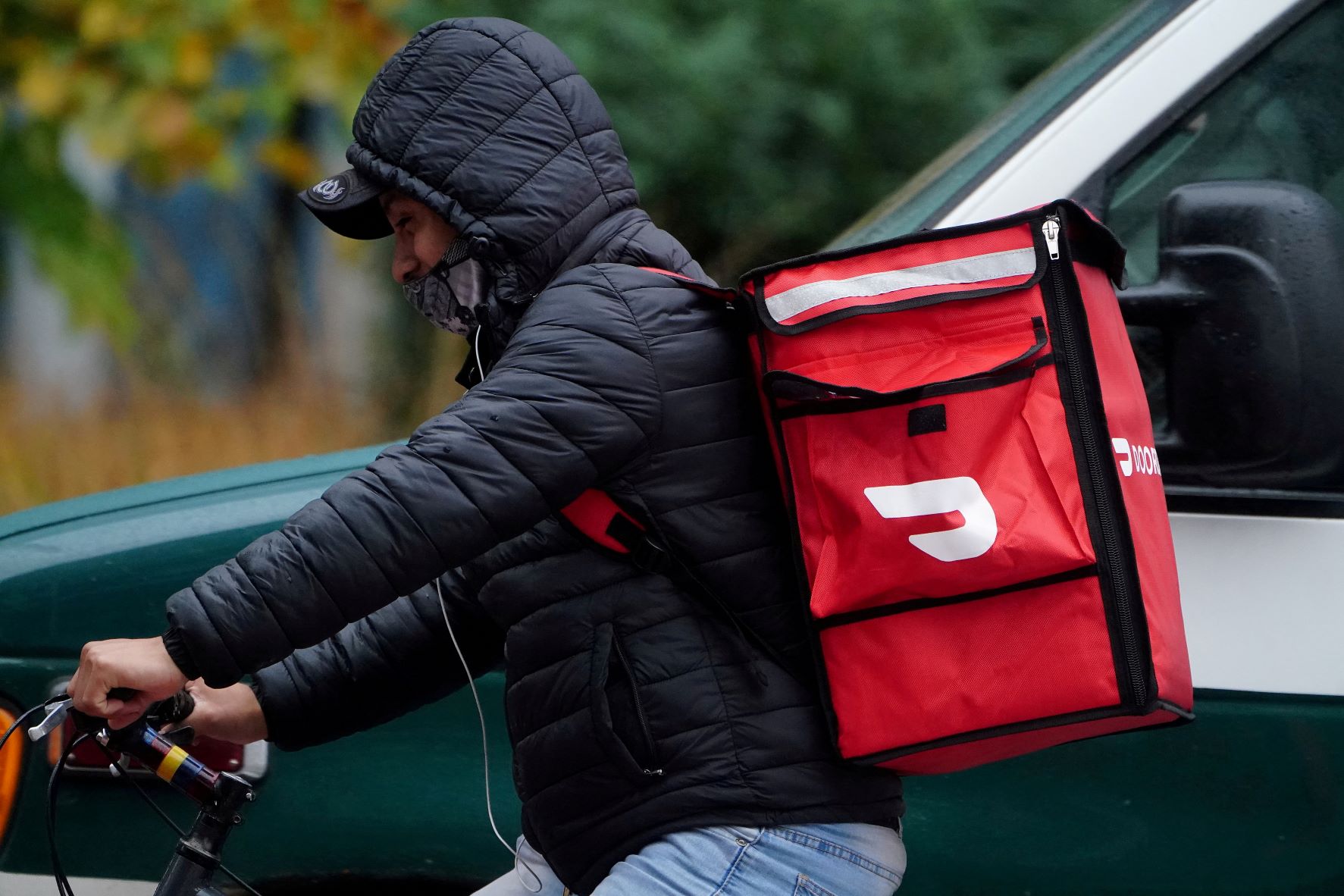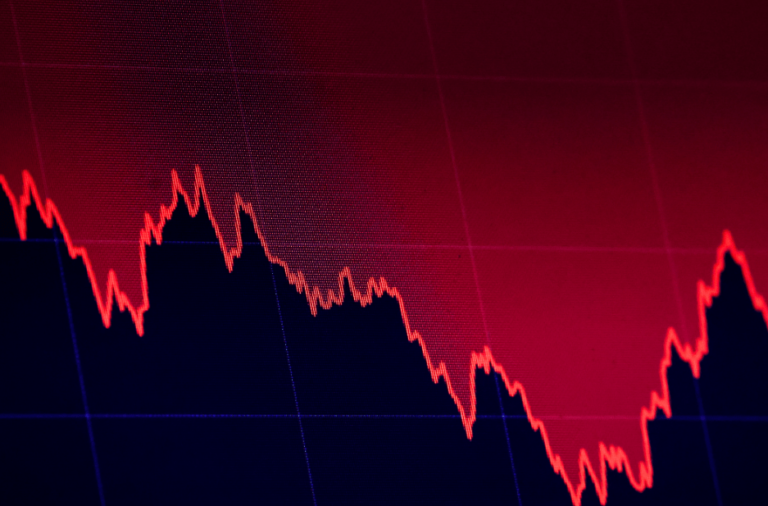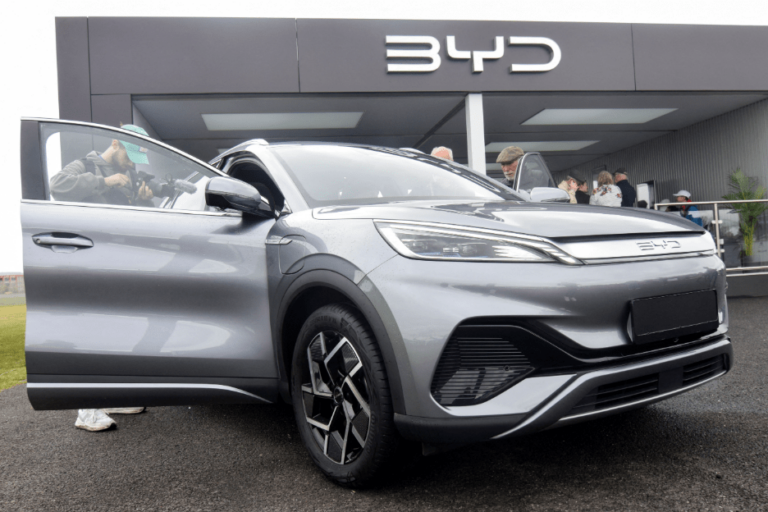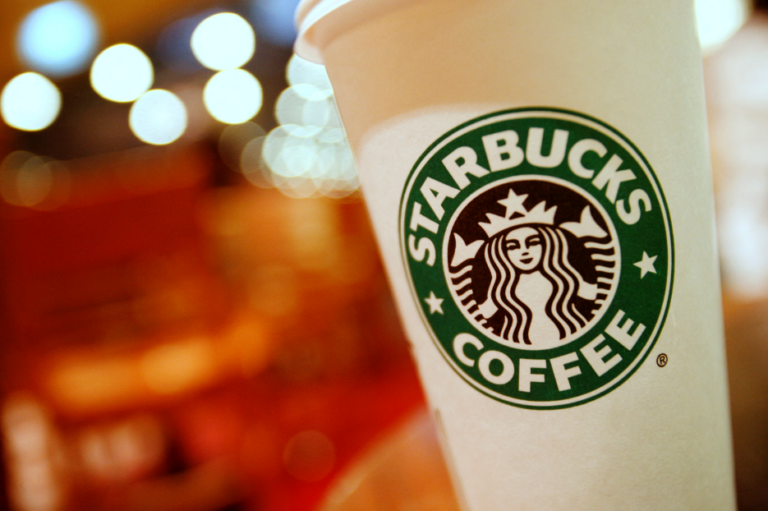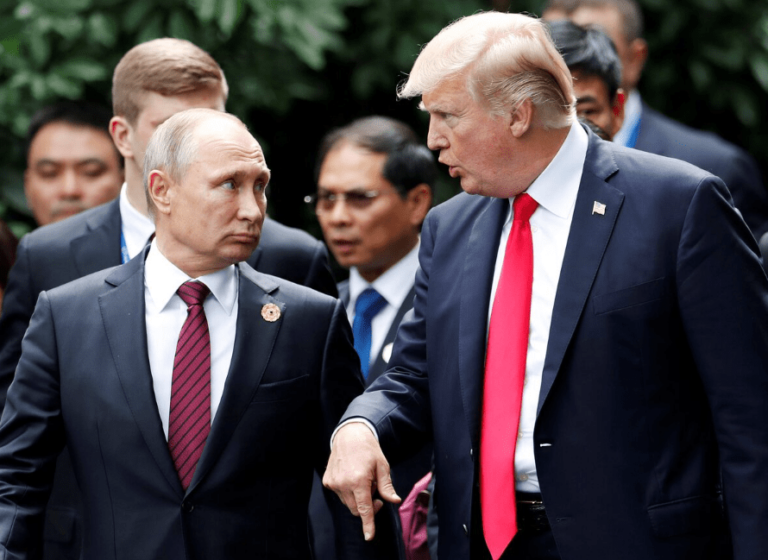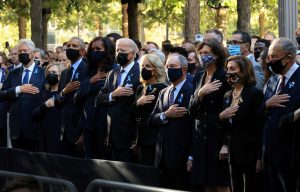On Thursday, DoorDash, Grubhub, and Uber Eats filed a lawsuit against New York City over a new measure enacted by the City Council. The measure recently imposed in the city effectively limits the companies from charging higher prices for emergency deliveries.
The complaint argues that the new law’s pricing limits would hurt not just Plaintiffs, but also the recovery of the very local eateries that the City purports to serve. The lawsuit was filed in federal court in the Southern District of New York.
The food delivery companies argue that the regulation is illegal because it interferes with the free negotiations between the platforms and restaurants by altering and mandating the economic parameters under which a dynamic sector works.
The firms complained that the charge caps of 15% for delivery services and 5% for non-delivery services were chosen arbitrarily. They claim that restaurants have a variety of alternatives for how to run their operations without relying on the apps and that they are not obligated to use them if they believe the prices are too high.
The plaintiffs further claimed that they compete aggressively not just with one another, but also with internet advertising businesses such as Google and Yelp, who are exempt from the 5% non-delivery charge restriction.
During the early phases of the coronavirus epidemic, when eateries were among the worst impacted by the government-mandated shutdown, food delivery charge caps swept across cities including New York. To keep at least some revenue, they depended significantly on delivery.
In late August, the New York City Council decided to extend the price restrictions indefinitely, prohibiting the platforms from charging restaurants unreasonably large fees, as the bill’s backers viewed it.
The delivery platforms are requesting an injunction to stop the law from being implemented. They want the bill declared illegal by the court, while also asking for damages to be paid by the city. The complaint comes after DoorDash and Grubhub filed a similar lawsuit against San Francisco, which also imposed a permanent 15% delivery charge limit.

